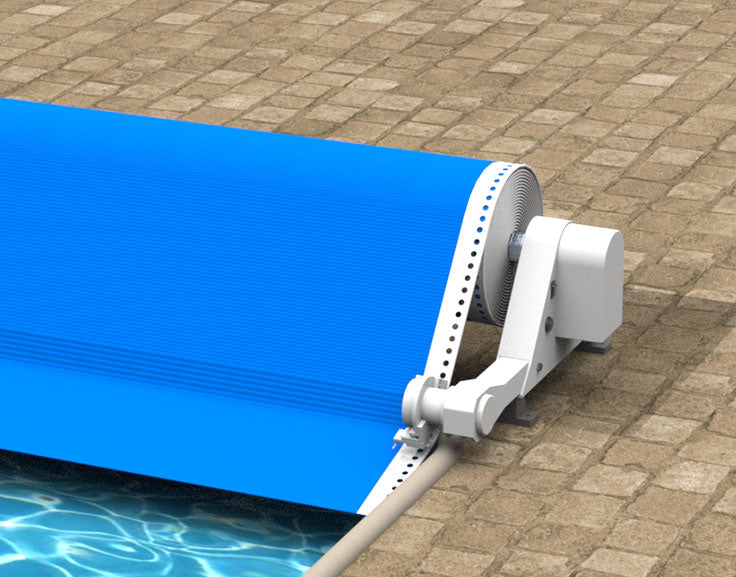
Swimming pools provide a refreshing escape during hot summer days, but they can also be a source of significant energy consumption. Traditional pool heating methods often rely on electricity or gas, contributing to carbon emissions and high utility bills. However, there is a sustainable solution that can help reduce both environmental impact and costs: solar pool covers. By harnessing the power of the sun, these covers can effectively heat your pool while minimizing energy usage. Let's explore how solar pool covers work and the benefits they offer for environmentally conscious pool owners.
How Do Solar Pool Covers Work?
Solar pool covers, also known as solar blankets or thermal covers, are designed to harness the energy of the sun to heat your pool water. These covers are typically made of a durable and UV-resistant material that floats on the surface of the water. When the sun's rays penetrate the cover, they create a greenhouse effect that traps heat and warms the pool water below. The cover also helps prevent heat loss through evaporation, keeping the water temperature consistent and reducing the need for additional heating.
Benefits of Solar Pool Covers
- Energy Efficiency: Solar pool covers require no electricity or gas to operate, making them a cost-effective and energy-efficient heating solution for your pool.
- Reduced Heating Costs: By harnessing free solar energy, you can significantly reduce your pool heating costs and lower your overall energy bills.
- Extended Swimming Season: Solar covers can help extend your swimming season by maintaining comfortable water temperatures even in cooler weather.
- Environmental Benefits: By using renewable energy from the sun, solar pool covers help reduce carbon emissions and minimize your ecological footprint.
- Chemical Savings: Solar covers can help reduce water evaporation, which means you'll spend less on pool chemicals and maintenance.
Choosing the Right Solar Pool Cover
When selecting a solar pool cover for your swimming pool, there are a few key factors to consider to ensure optimal performance and durability:
Material:
- Thickness: Thicker covers generally provide better insulation and heat retention, but they can be heavier and more difficult to handle.
- UV Resistance: Look for covers with UV-resistant materials to prevent degradation from sun exposure.
- Durability: Quality materials like durable vinyl or polyethylene can ensure that your cover lasts for many seasons.
Size and Shape:
- Measure your pool: Choose a cover that matches the size and shape of your pool to ensure proper coverage and heat retention.
- Cut-to-fit options: Some covers can be easily trimmed to fit irregularly shaped pools or those with special features like steps or ladders.
Installation and Maintenance:
- Ease of use: Consider how easy it is to install, remove, and store the cover, as this can impact how frequently you use it.
- Cleaning: Look for covers that are easy to clean and maintain to ensure optimal performance over time.
Tips for Maximizing the Efficiency of Your Solar Pool Cover
To get the most out of your solar pool cover and optimize its heating capabilities, consider the following tips:
Use a Reel:
- Invest in a cover reel to make it easier to remove and store your solar pool cover when not in use.
Keep it Clean:
- Regularly clean your cover to remove debris and ensure maximum sunlight penetration for efficient heating.
Pair with Solar Heating Systems:
- Combine your solar pool cover with a solar heating system for even greater energy savings and extended swimming seasons.
Monitor Water Temperature:
- Use a pool thermometer to monitor the water temperature and adjust the cover as needed to maintain ideal swimming conditions.
Conclusion
Solar pool covers offer a sustainable and cost-effective way to heat your swimming pool while reducing your environmental impact. By harnessing the power of the sun, these covers can help you enjoy a longer swimming season and lower your energy bills. When choosing a solar pool cover, consider factors like material, size, and maintenance to ensure optimal performance. By following best practices and maximizing the efficiency of your cover, you can make the most of this eco-friendly heating solution for your pool.